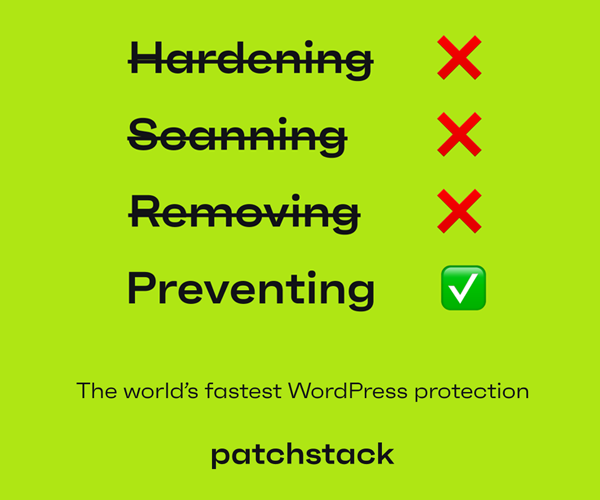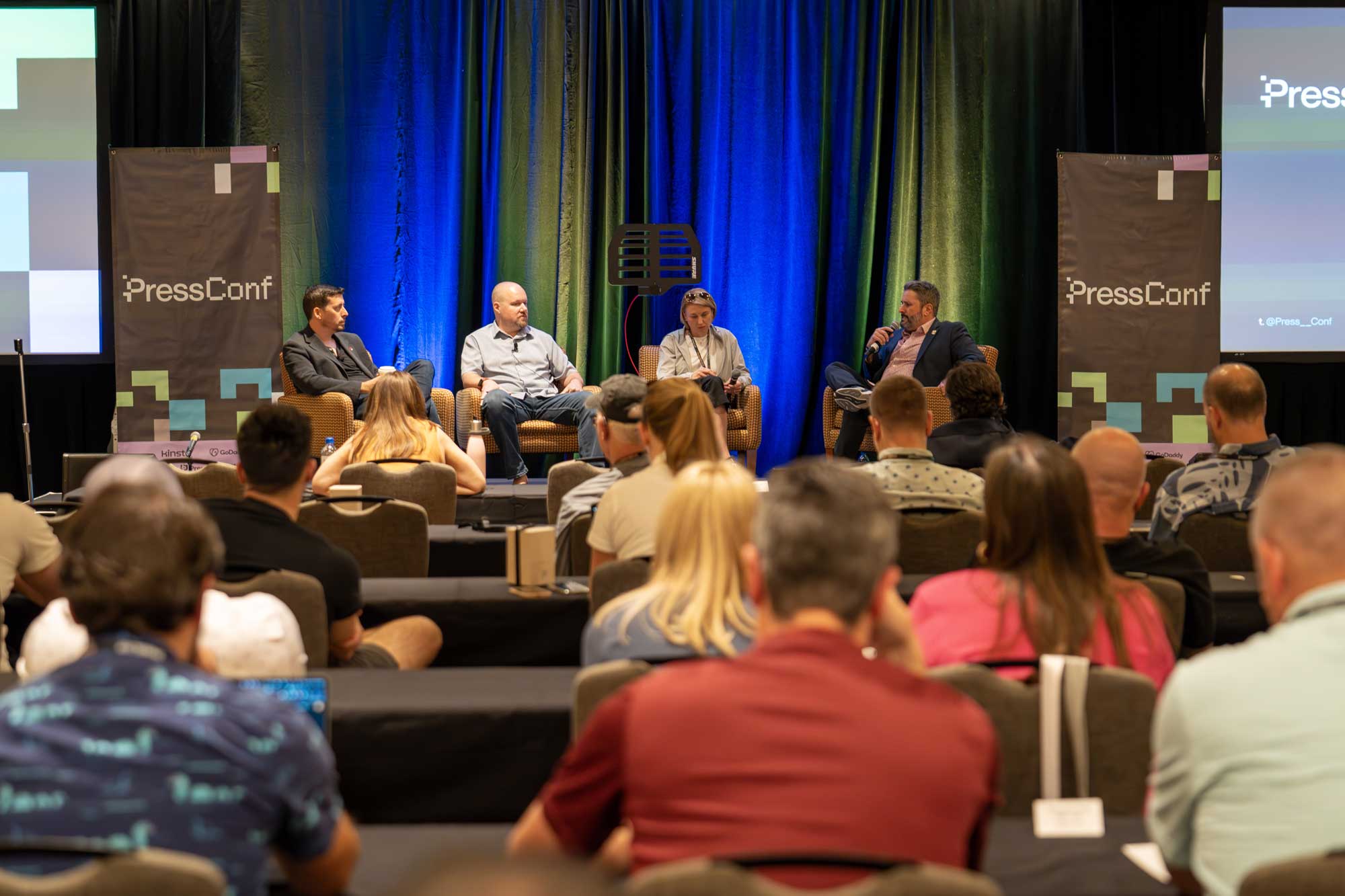The WordPress Foundation has secured trademark registrations for “Managed WordPress” and “Hosted WordPress” in the United Kingdom and Australia, as part of its broader efforts to enforce WordPress trademark compliance.
In July 2024, the foundation filed applications for both phrases in multiple jurisdictions, including the United States, European Union, United Kingdom, Australia, Canada, and New Zealand. In the United Kingdom, “Hosted WordPress” was protected on February 7, while “Managed WordPress” received protection on February 14. IP Australia granted trademark registration for both terms on February 20.
The successful registrations come amid a shift toward stricter enforcement of the WordPress trademarks, which first sparked concerns among business owners in October when it became widely known that the foundation had filed for the additional trademarks. Many feared that enforcing exclusive rights over common industry terms like “Managed WordPress” and “Hosted WordPress” would impact how businesses could legally describe their services.
That same month, Automattic put hosting companies on notice by publishing a “legal perspective” on how the WordPress marks could be used in hosting-related branding and marketing.
As part of Automattic’s recent crackdown on unauthorized commercial use of the WordPress marks, WordPress co-founder Matt Mullenweg and WordPress Executive Director Mary Hubbard are now personally vetting all WordCamp sponsors to ensure compliance.
In response to community concerns about the foundation’s handling of trademark enforcement, Hubbard told The Repository last month that an FAQ and further updates to the WordPress trademark policy would soon be published to clarify expectations for companies and WordCamp sponsors.
Changes to the WordPress Trademark Policy
Alongside the new trademark registrations, the foundation has updated its trademark policy to clarify how businesses can legally use the WordPress marks. The revised policy explicitly prohibits companies from using the terms “Hosted WordPress” and “Managed WordPress Hosting”, instead advising businesses to refer to their services as “Hosting for WordPress.”
The policy update also reflects other notable changes. GoDaddy has been removed from a list of trademark-compliant companies, while Newfold Digital has been added. The policy still calls out WP Engine for failing to donate to the WordPress Foundation, though the language has been softened since it was first added in September 2024. Additionally, a reference to Newfold as the only sub-licensee of the WordPress trademark has been removed.
The WordPress Foundation owns and manages trademarks for the WordPress name, logos, and related brands, while Automattic retains exclusive commercial rights to the WordPress trademark.
Other trademark applications still in progress
While the foundation has successfully registered the marks in the UK and Australia, applications in other jurisdictions remain in progress.
In the United States, the foundation’s trademark applications encountered a procedural hurdle on February 4, when the U.S. Patent and Trademark Office (USPTO) requested that the foundation submit trademark disclaimers for both terms. The USPTO advised that the foundation must clarify that it does not claim exclusive rights to the words “Managed” or “Hosted” apart from the trademarked phrase.
Contrary to online speculation, the USPTO has not rejected the applications. As patent attorney Vic Lin explains, “If a trademark examining attorney felt that a word mark was entirely unregistrable, a disclaimer would not be required. Instead, the entire mark would be rejected.”
In the European Union, applications with the European Union Intellectual Property Office (EUIPO) are currently in the opposition period, which is set to close on March 24 for “Hosted WordPress” and March 25 for “Managed WordPress.” So far, no formal oppositions have been filed.
The foundation’s applications in New Zealand are also in the opposition period, while in Canada, they are still awaiting examination.
WordPress trademark enforcement became a flashpoint last September, when Mullenweg publicly accused WP Engine of exploiting WordPress while failing to contribute enough back to the project. He described WP Engine as a “cancer” to WordPress and criticized its private equity owner, Silver Lake, for profiting off open-source software without sufficient reinvestment.
Shortly afterward, Automattic sent WP Engine a cease and desist letter, accusing the company of unauthorized use of the “WordPress” and “WooCommerce” trademarks. The letter demanded that WP Engine cease all unauthorized use of the marks and compensate Automattic for lost licensing revenue. It suggested WP Engine could either pay an 8% royalty on its $400 million annual revenue, make an equivalent contribution to the WordPress project, or provide a combination of both.
In response, WP Engine filed legal action against Automattic and Mullenweg, alleging trademark abuse, attempted extortion, and anti-competitive practices. The case is set to return to court on June 5, 2025.
In January, Mullenweg told Computerworld that he was no longer seeking money from WP Engine because the hosting company had made extensive changes to its website. “To use someone else’s trademark, you typically license it. For more than 18 months, we were trying to do a deal there. They obviously never did one. I realized that they were just stringing me along,” Mullenweg said.
Debate over WordPress trademark ownership
The debate over WordPress trademark ownership resurfaced last month, when Gergely Orosz, author of The Pragmatic Engineer, posted on X (formerly Twitter) about how Automattic had transferred all rights to the WordPress marks to the WordPress Foundation while simultaneously licensing the commercial rights back to itself, giving the community the impression that the foundation had full control.
Orosz’s post resonated with many who felt misled about the arrangement.
“Nothing wrong with this clever license exchange so the for-profit company is not giving up anything (as they hold the commercial rights). But this is the opposite of giving up control!” Orosz added.
Mullenweg replied, offering his perspective on how the transfer occurred: “The trademark was 100% owned by Automattic, that was the only way I could convince the investors to transfer it. Wasn’t perfect, but better than being held by the for-profit.”
Feature image credit: Gianni Vascellari.








